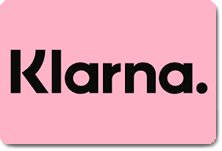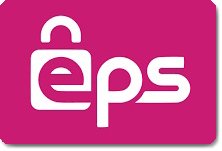product comparison
The car at corona times and during contact restriction
Due to the Covid 19 pandemic, our life is currently very limited. A so-called contact restriction brings our social life almost to a standstill. Primarily you are only allowed to go shopping and to work outside the door. Only how far are you allowed to move? How far away from home is one allowed? Which destinations are still accessible? Is it allowed to carpool on the way to work? What else needs to be considered regarding driving? We answer all these questions here and also give you a few tips for your journey.
The way to work by car
Many people who cannot work in a home office avoid public transport and use the car or bicycle instead. Some of them may want to carpool to save money and reduce the environmental impact, but this is limited during contact restriction. According to the federal government, only one additional person is allowed to be transported. The reason is quite simple: In the car the minimum distance of 1.5m can only be kept to a limited extent.
Commuters are still allowed to travel by car and also to drive longer distances. Especially weekend commuters, who may also cross the border, are still allowed to visit their families at the weekend. Carpools are also possible here in accordance with the above guidelines.
Many people wear protective masks in public and simply carry them on in their cars. We recommend to take off the protective masks in the car. Drivers must always be recognizable according to the law of masking and currently politicians and authorities are still in disagreement whether respirators are considered as masking. For passengers and other occupants this requirement does not apply, of course. You can also wear the protective masks in the car.
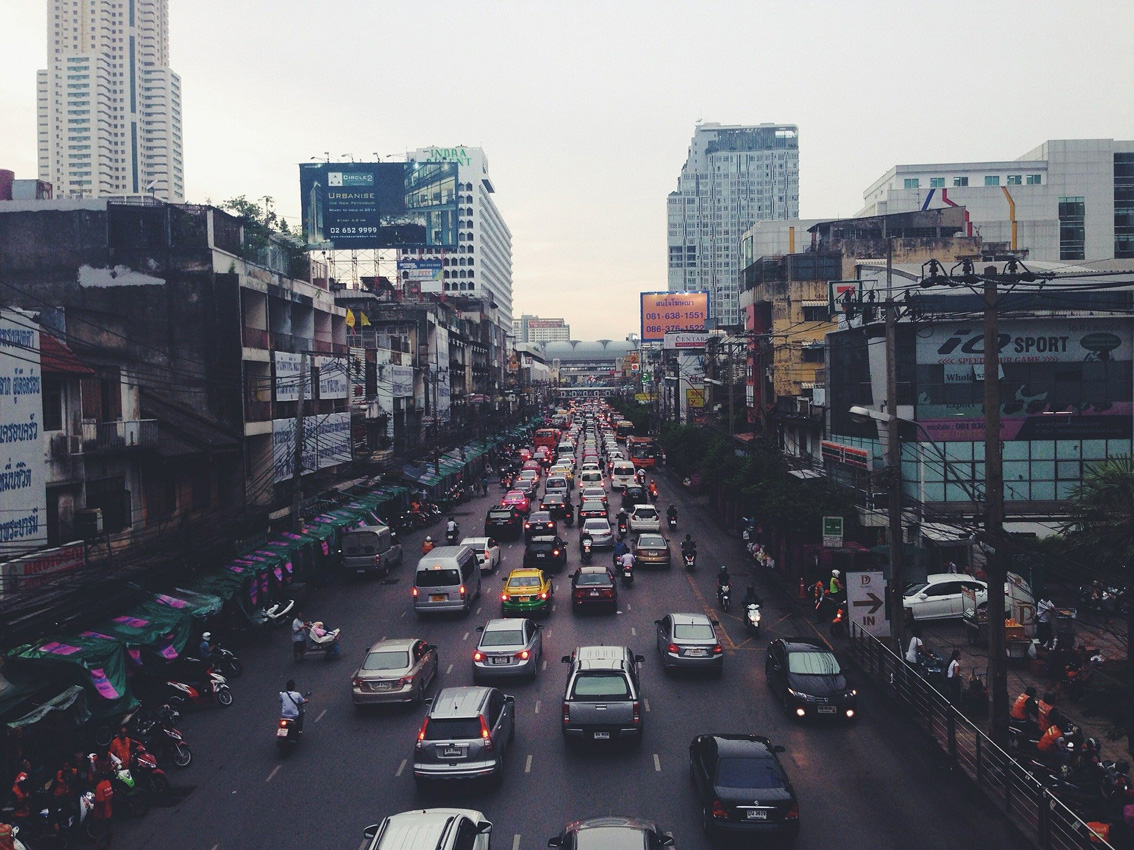
excursions with the children in their free time
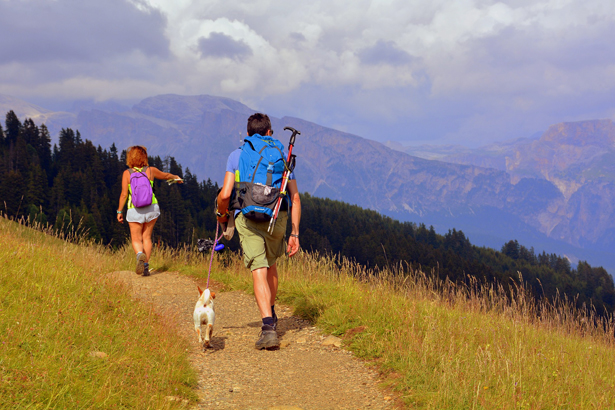
The kindergartens and schools are closed, the playgrounds and sports fields are also closed. This raises the question, what else can you do with the children? The classic excursion destinations are unfortunately also not available. But you can take the children out into the countryside, for example on walks in the woods, around the lake or on the moor, provided that you are only ever travelling with people from your own household. Also the trip into the own allotment garden is still possible to a large extent. Even poking asparagus or picking strawberries is allowed in some areas, despite contact restrictions, as long as you keep a safe distance.
Everything that is farther away and might be connected with an overnight stay is cancelled. Hotels, guesthouses, inns, holiday homes etc. are closed at least until after the Easter holidays. Also for picnic driving or sunbathing in public you are not allowed to be on the road at the moment. If possible, this should take place in your own garden. Likewise, you should avoid trips to relatives if possible.
In addition, the visit of own holiday homes is only possible to a limited extent. Mecklenburg-Vorpommern and Schleswig-Holstein have prohibited all entries of non-natives. The North Sea and Baltic Sea islands are also no longer accessible for tourists and holidaymakers. The same applies to entry into many neighbouring countries. The following countries have more difficult entry regulations or complete entry bans:
- Countries where entry is allowed if there is a valid reason, such as commuters and goods traffic:
- Luxembourg
- France
- Denmark
- Austria
- Switzerland
- Countries with a complete ban on entry:
- Czech Republic
- Poland
Car wash and workshop appointments
Many people use the time of contact restriction to take care of their car. However, there are a few things to consider here as well. In Bavaria, for example, car wash facilities are only available for those who have to clean their car for professional reasons. For private pleasure or to bridge the boredom, the car washes are not available. In other federal states there is currently still the possibility for everyone to use the car wash. However, this can also change quickly. Therefore you should inform yourself regularly on the pages of your own federal state about the current regulations.
Washing on your own property is still prohibited, as the groundwater must not be contaminated. However, it is quite possible to vacuum the car, clean the inside and carry out repairs. Since mobility is particularly important in the current times, the workshops are also still open. Also planned workshop appointments will continue to be carried out, albeit under more stringent conditions. The best thing to do here is to telephone the workshop in advance and agree on the current procedure.
The TÜV has also reacted to the crisis and extended the overdraft period from two to four months. Nevertheless, the following applies: The car must be roadworthy. If this is not the case, an appropriate repair must be carried out, whether at home or in the workshop. Spare parts and accessories can be easily ordered online. We are still there for you!
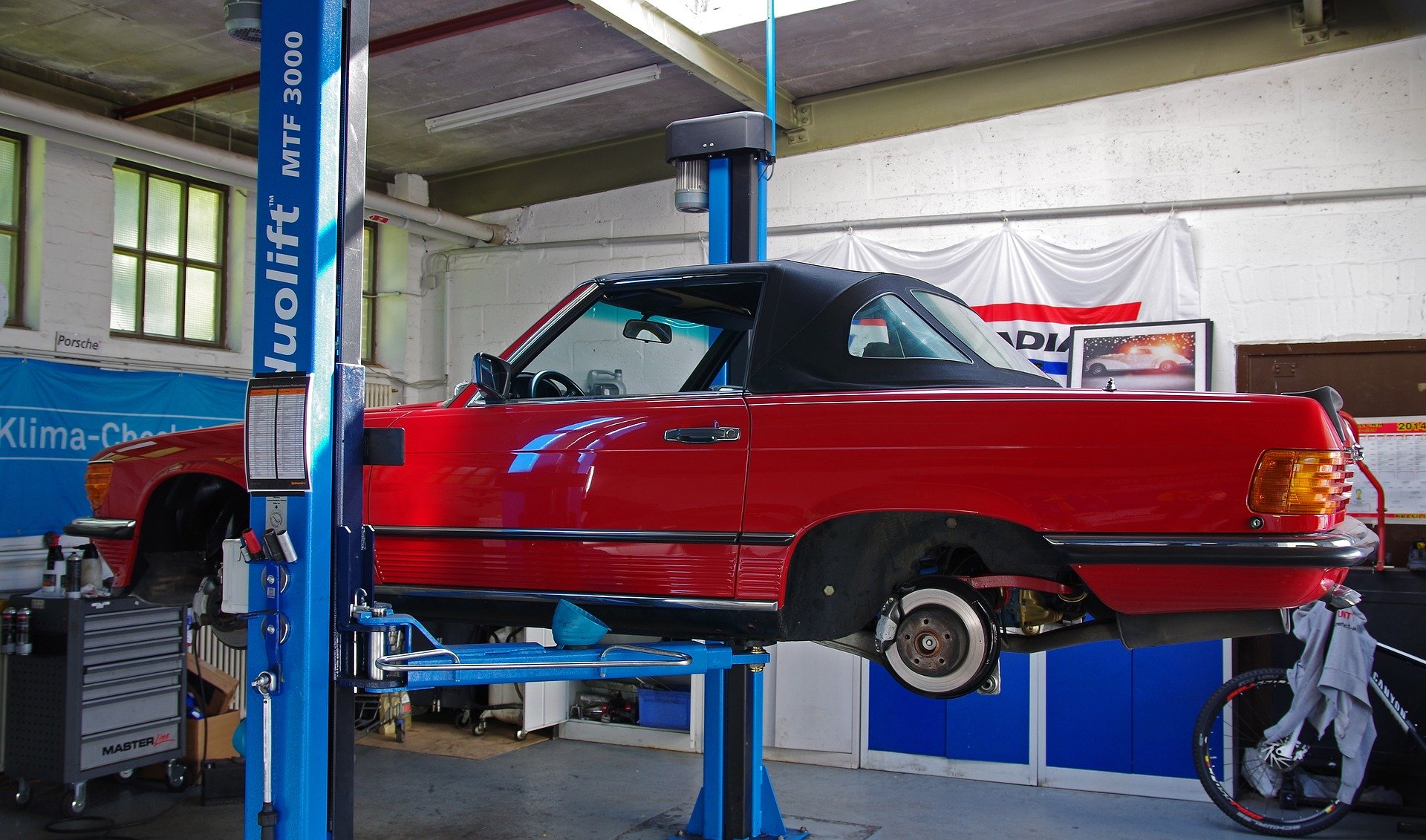
Everywhere there are "hamster purchases" right now. People are afraid that besides toilet paper, flour, yeast and noodles, they might run out of fuel and are bunkering extra fuel at home. Petrol stations will of course remain open, so there is no need to fill the garage with petrol canisters. Whoever needs this security anyway should consider the following:
- In the vehicle, no more than 60 litres of fuel may be carried in the spare canister, the ADAC recommends not carrying more than 10 litres extra.
- At home, only 20 l petrol and 200 l diesel may be stored in corresponding canisters.
For canisters in the vehicle, it applies that they are firmly closable, break-proof and tight. They should be secured in the boot so that they cannot roll. It should also be noted that in summer fuel vapours can escape, which are highly flammable and have an unpleasant odour. Empty spare canisters can expand and burst in intense heat. For this reason, caution is advised to carry extra fuel in the vehicle.
A few tips for on the road
- Do not drive yourself if you feel ill and take medication. This impairs your ability to drive and can increase the risk of accidents
- Clean the interior regularly and disinfect the areas with frequent hand contact such as handles inside and outside, steering wheel, gear knob, etc.
Even in times of limited contact, there is still a lot possible, even with a car. To be always up to date about what is allowed, it is advisable to regularly check the pages of your own state. We will also keep you regularly updated on this page as soon as the general requirements change. Otherwise, keep up, stay healthy and make the best of the current situation!



